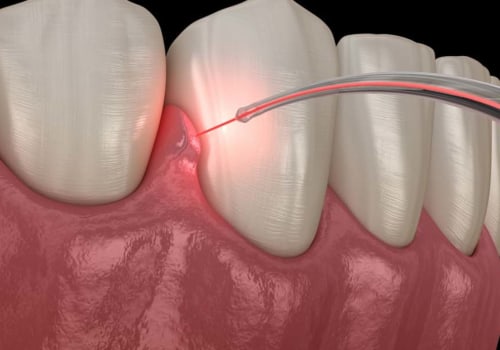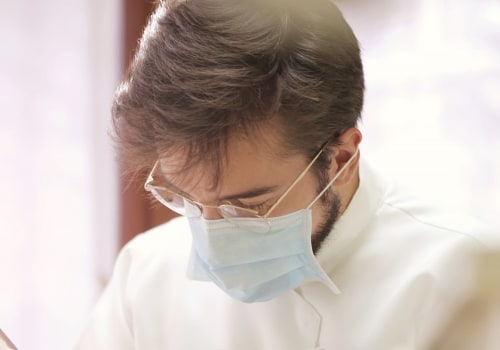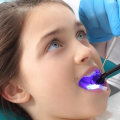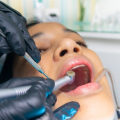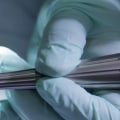It is fast and effective, since it uses light and heat to perform a wide range of dental lasers. They are easy to control and allow the dentist to vaporize or cut tissue painlessly on contact, eliminating tooth decay and removing soft gum tissue. It is less invasive than the traditional method. Lasers can make dental treatments more efficient, cost-effective and comfortable.
The Food and Drug Administration (FDA) has approved laser dentistry as a treatment option for several dental conditions. Lasers were approved by the FDA in the early 90s and are quickly becoming the instrument of choice in several dental procedures. Laser dentistry is especially effective in treating gum diseases, especially gingivitis and periodontitis. Because we specialize in using lasers to treat gum disease, many people visit our office who are under the care of a general dentist, but are interested in faster and more comfortable treatment.
We mainly use dental lasers for surgical and periodontal procedures, although dental lasers can also be used in restorative procedures. The laser allows us to access the threads of the implant infected by the subgum, supplying the laser energy directed at them. Laser dentistry potentially offers a more comfortable treatment option for a number of dental procedures involving hard or soft tissue compared to drills and other non-laser tools. Around the world, laser dentistry is used to perform numerous treatments, ranging from simple procedures to fairly complex dental procedures.
Laser dentistry is preferred to traditional options because it is minimally invasive and may not even require anesthesia, depending on the procedure being performed. While this may sound strange or even painful, in certain procedures, lasers have several distinct advantages over more conventional forms of dentistry. Recovery from laser dentistry depends on the procedure being performed, but it's usually easier, with very little bleeding, pain, and swelling after surgery. Because laser wavelengths are absorbable by water and hemoglobin, the laser energy can instantly vaporize infected gum tissue without the need for an incision.
To be specific, laser dentistry refers to light energy, which is a thin beam of extremely focused light, exposed to a particular tissue so that it can be molded or removed from the mouth. You can also ask your insurance provider for recommendations and ask friends and family who have had positive experiences with laser dentistry. The first lasers were used in dentistry in 1994, and technology has continued to evolve and improve. Laser treatments like these can vary in price, depending on the procedure being performed and the laser equipment used.
In today's era, patients often prefer laser dentistry because it's more comfortable, effective, and affordable compared to other dental treatments.


